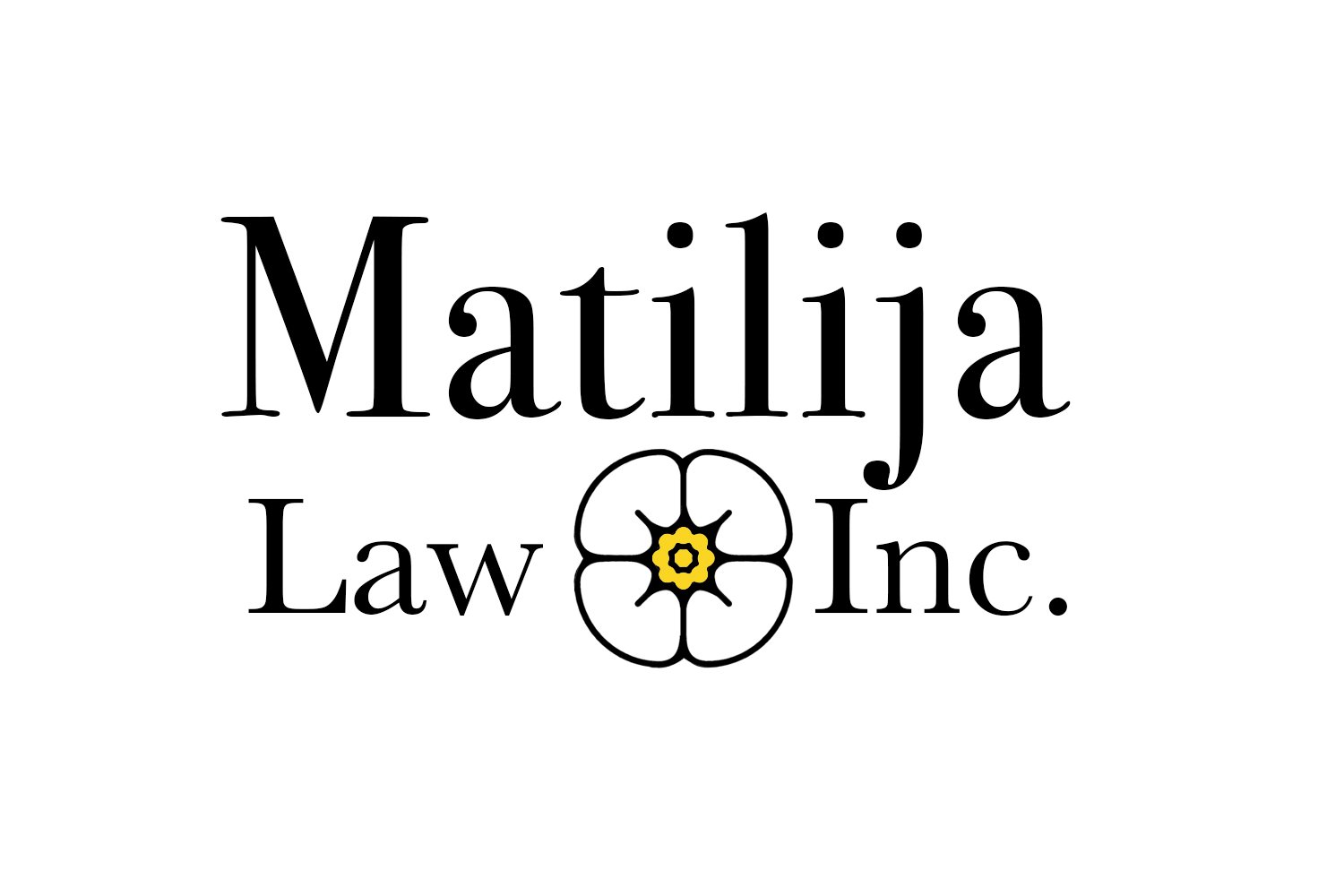Valuing Professional Services in the AI Age
For decades, people have been saying that the Internet would change everything and
more recently that ChatGPT will mean a revolution in professional services . It may be a
stretch to say “everything” has changed, but the way we utilize a variety of goods and
services is definitely different. Those of us who are professionals have seen some
change, which for now remains at the margins of our practices. However, bit by bit,
being a professional service provider in the age of Google, smartphones, and ChatGPT
is changing the fundamental rules of our professions.
It used to be that one of the advantages professionals enjoyed was access to
information not generally available to the public. Whether a lawyer, financial advisor,
stock broker, accountant or doctor, each of us had information that customers did not.
As professionals, we offer expertise and experience, but in many cases, our clients
simply saw us as the gatekeepers to information and our fees were merely the price of
admission.
Ready access to information and computer generated text changes things. Each one of
our clients now carries the ability to have documents drafted by AI and essentially a
complete library of human knowledge that fits in our client’s pockets. If our profession is
simply about access to information, we are in trouble.
However, we can compete because information and words are only two pieces of the
puzzle.
Once you have the information and words, what do you do with it?
Do those words adequately and correctly address your situation?
What are the risks of your proposed transaction?
Is any information missing?
What is the best way to utilize the information you do have?
What documents are needed for the transaction?
How are people reacting to what you propose?
Level of Acceptable Risk- Risk assessment involves not just an objective analysis of
probable outcomes (something a computer can do if provided with enough data) but
also the more subjective analysis of how much risk is acceptable based on the situation.
The Human Element- How will other parties react to something? Does what you are
asking for seem fair or reasonable in this particular instance? What subjective criteria
might cause a change in the future? As most of us know, the reactions of real people
can be inconsistent, illogical and sometimes unpredictable. Smartphones might be great
for checking email or facebook or looking up basic information and AI may be able to
generate some text, but they don’t anticipate the actions of a disgruntled or unhappy
human nor do they handle surprises very well.
Identifying omissions- As anyone with spellcheck knows, computers can be brutally
effective at spotting errors on the printed page. What they can’t do is evaluate a
document and recognize the absence of important terms. Spellcheck can tell that you
misspelled “eggs” on your shopping list; but it has no idea that you also wanted bacon.
Individualized Solutions- Clients are paying for solutions to their problems, not just
information and text. A prescription is a tiny piece of paper with the name of a drug
which the patient takes to the pharmacy; what the patient is actually buying is the
medicine prescribed by the healthcare professional to treat that patient’s current health
issue.
An agreement drafted by a knowledgeable attorney will be much more expensive than a
computer generated form. If the client is looking for a piece of paper, AI will always win.
But if the client wants a thoughtful and appropriate document that weighs risks,
considers situation specific issues, and accurately reflects their needs, a human being is
best able to provide that.
Professional services have never really been about control of information but rather
determining what to do with the information once you have it and how best to use it to fit
the client’s particular needs.

